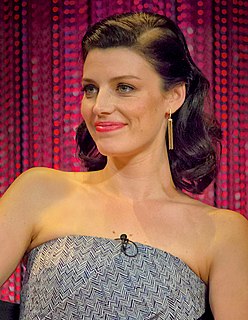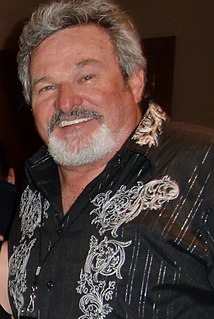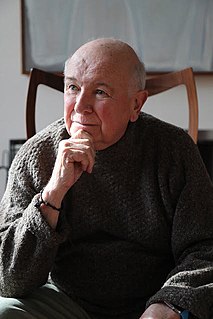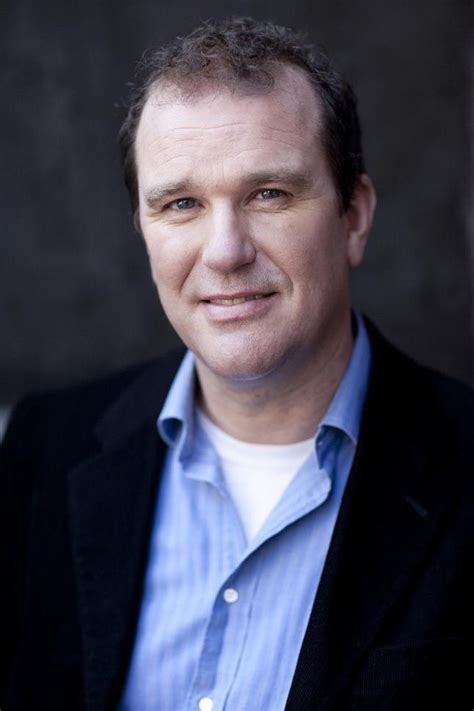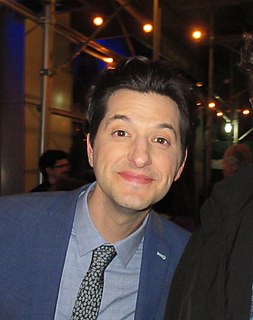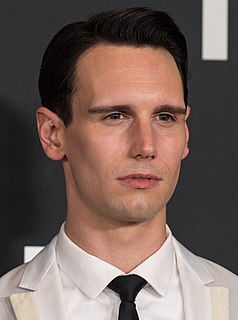A Quote by Jessica Pare
In the work that I normally do, you have a whole script, a whole arc, that you play. And I do believe a good actor will play every bit of information they're given.
Related Quotes
Work with good directors. Without them your play is doomed. At the time of my first play, I thought a good director was someone who liked my play. I was rudely awakened from that fantasy when he directed it as if he loathed it. . . . Work with good actors. A good actor hears the way you (and no one else) write. A good actor makes rewrites easy. A good actor tells you things about your play you didn't know.
I honestly believe that you have to be able to play the guitar hard if you want to be able to get the whole spectrum of tones out of it. Since I normally play so hard, when I start picking a bit softer my tone changes completely, and that's really useful sometimes for creating a more laid-back feel.
If you're a classical actor, every Shakespearean part you play, you then say, 'McKellen did it this way,' and, 'Jacobi did it this way.' There's a whole list of Oliviers and people, whether you play Hamlet or Richard II or Richard III, any of those roles. And I found that a bit when I did 'La Cage.' It didn't bother me one bit.
As a writer, you know what the purpose of the scene is. It really has nothing to do with the actor so you have to really get out of that space because for actors it's a micro-focus and then you figure out your arc through what the writers have given you to say. But that arc is just one little piece of the huge arc of the whole film. It took a while to get out of that.
Usually, you get a script and you have the whole story. All the acts are there, for a play. You know what happens in the first, second and third acts, and you know how it starts, where you go and where it finishes. [With American Horror Story: Asylum], it's a whole new experience. I don't know where it's going, and I don't know what's going to happen next. It's been an interesting way to work. It's made me work in a much more fluid, braver way, just taking every chance that comes along.
If I play a video game, I have to get through the whole thing. Like, when the new 'Resident Evil' comes out, I have to sit and do the whole thing. It will consume my life. I'm at a point where I don't have much time to play around anymore, so I don't really get started on the games if I won't be able to finish them.
Normally if you add information to information, you have more information. In case of my art, I destroy information, I would say, because the image is disturbed by the writings. In a way, they become pure imagery. For me it's really fun because it's an idealistic approach to images, to just play around with information and see what's happening.
If you're gonna tell a story from beginning to end, I always think you have to have a great structure in a script. If it gets you excited and it's something you've never read before that's another plus. I think also with improv and that whole world of stand-up, that's a whole other organism of comedy that still needs a story, but it's more free-form. On the set, it is the combination of both those worlds coming together: a great script and an allowance to play with it.
